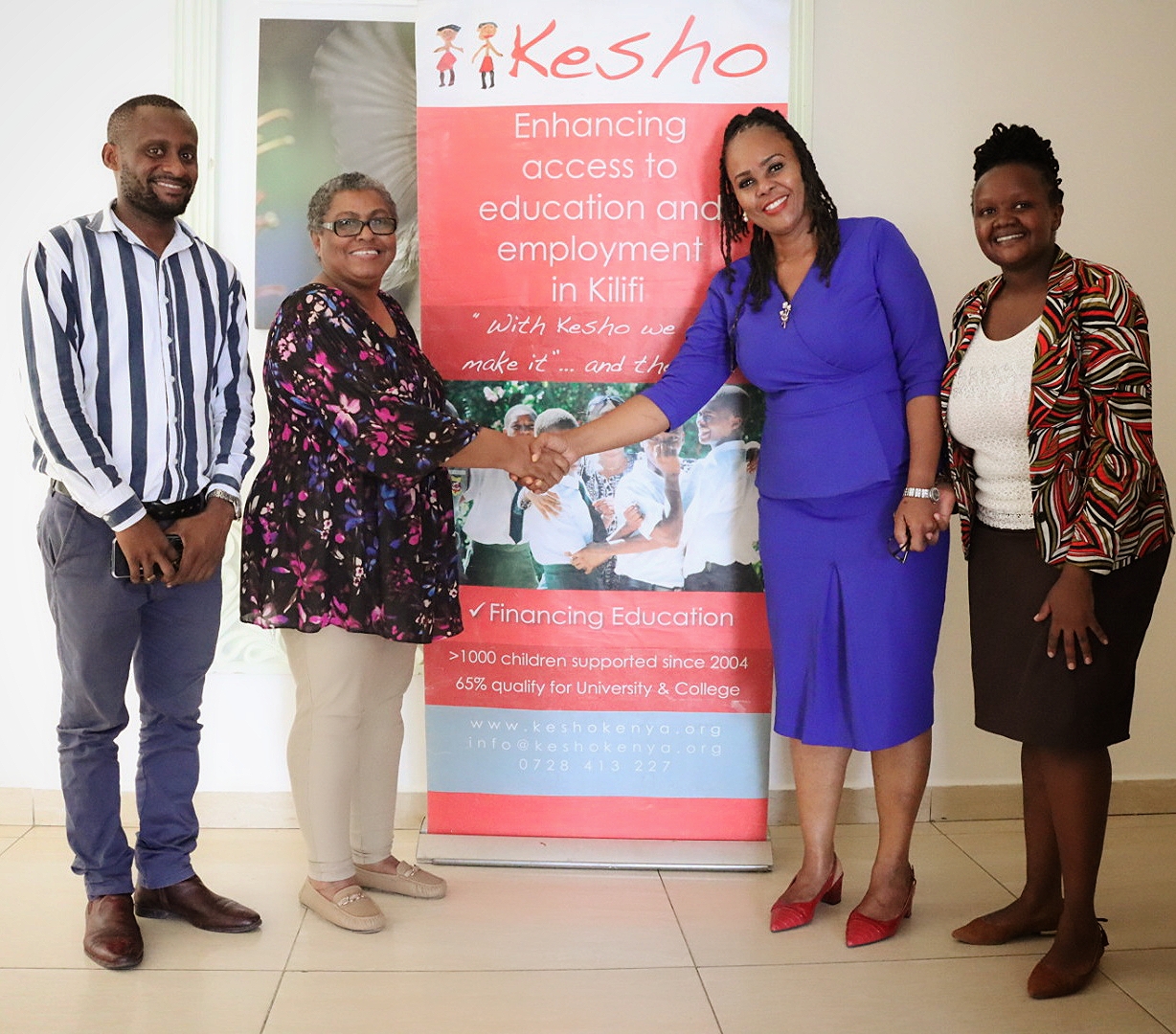Poverty A ChallengeTo Inclusive Education

Poverty and low Teacher-to-students ratio have posed a significant challenge in implementing inclusive education for learners with disabilities in the Coast region.
The government and various non-governmental organizations have recently embarked on efforts to provide quality, equitable, and inclusive education for learners with disabilities as well as special education needs.
Still, the teacher-student ratio coupled with poverty remains a major problem.
According to the recent reports from PAMODZI for inclusive education in South-East Africa, out of 99 Special Needs schools mapped at the Coast region, there were only 212-trained teachers attending to over 5000 learners with disabilities.
The project’s Policy Advocacy officer Wanjiru Mbugua in an interview with the media said that the teacher-student ratio is 1:24 for learners with disabilities from the schools they visited in Kilifi, Mombasa, Kwale, and Lamu.
Wanjiru said that more boys with special education needs have dropped out of school in the last one year compared to girls, revealing that poverty was the major cause of school drop-outs among learners with disabilities for both girls and boys.
She said that as a programme, they were working to address the disconnect between inclusive education policies and the implementation to address the existing gaps.
“We are working with policy-makers including the county governments to make sure that we have the resources and targeted interventions that are supposed to support learners in these schools,” Wanjiru said.
She called for collaborations from the government and other financers of education to bring on board more trained teachers to the special needs education schools to achieve quality education for the learners.
Wanjiru called for the introduction of school-feeding programmes in special needs schools to promote retention of the learners with disabilities.
Speaking to KNA while in Mombasa during PAMODZI’s annual review meeting, Mrs. Lucy Karegi, the head teacher Pwani Special School for persons with Mental disabilities, confirmed that poor staffing in the special needs schools was seriously affecting the quality of inclusive education.
She said that learners with disabilities required more attention from their teachers hence the need for adequate teachers to achieve quality education.
Karegi further said that even understaffing of subordinate staff in the special needs education boarding schools needed to be addressed since the learners required constant care during and after school hours.
She called upon the government to add more special educators to the special schools to bridge the gap of poor staffing.
“It is difficult to provide the Individualized Education Plan for the learners with disabilities since the teachers are very few,” Karegi said.
She added that placement of learners with disabilities in special needs education schools was also a setback since some learners have more needs that could not be provided for in the school they are placed in.
Especially for Autism Spectrum Disorders, Karegi urged the government to build institutions specifically for it to avoid having learners being enrolled with mental disabilities.
Mombasa County Chief Officer for Education John Musuva said that Mombasa county is the first in Kenya to provide free lunch to learners in all special needs schools in the county since February 2022.
He said that the county embarked on the initiative to retain the children in school because most learners were from poor backgrounds and do not get the chance to eat at home.
According to Musuva, Mombasa county will spend over Sh60 million per year in providing free lunch for 11,000 learners in public Early Childhood Development and Special needs schools, each allocated Sh30 per day.
“Providing free lunch to the learners in special needs public schools is one of the ways that Mombasa county has adopted to ensure a 100 percent retention of learners in schools,” Musava said.
Kilifi County Deputy Governor Flora Chibule acknowledged the gaps in implementing inclusive education in the county, saying that the county government is committed to bridging the gaps.
She said that the county is planning to have pilot schools in each sub-county to place adequate infrastructure and trained teachers to ensure that all learners with disabilities in the county receive quality and equitable education.
“It’s high time the society buried the myths and cultural mentality associated with disability. We as county government have realized the gaps existing in providing inclusive education and therefore, we are focused on addressing them,” Chibule said.
Kilifi county recently enacted the Kilifi County Persons with Disability Act that among other Disability issues, seeks to enhance inclusive education in the county.
Related
Share this article
Experienced and versatile writer, dedicated to using my exceptional writing and editing skills to inform and advocate. My work focuses on educating and entertaining readers on a range of topics, with a particular expertise in matters of disability.
View articles

